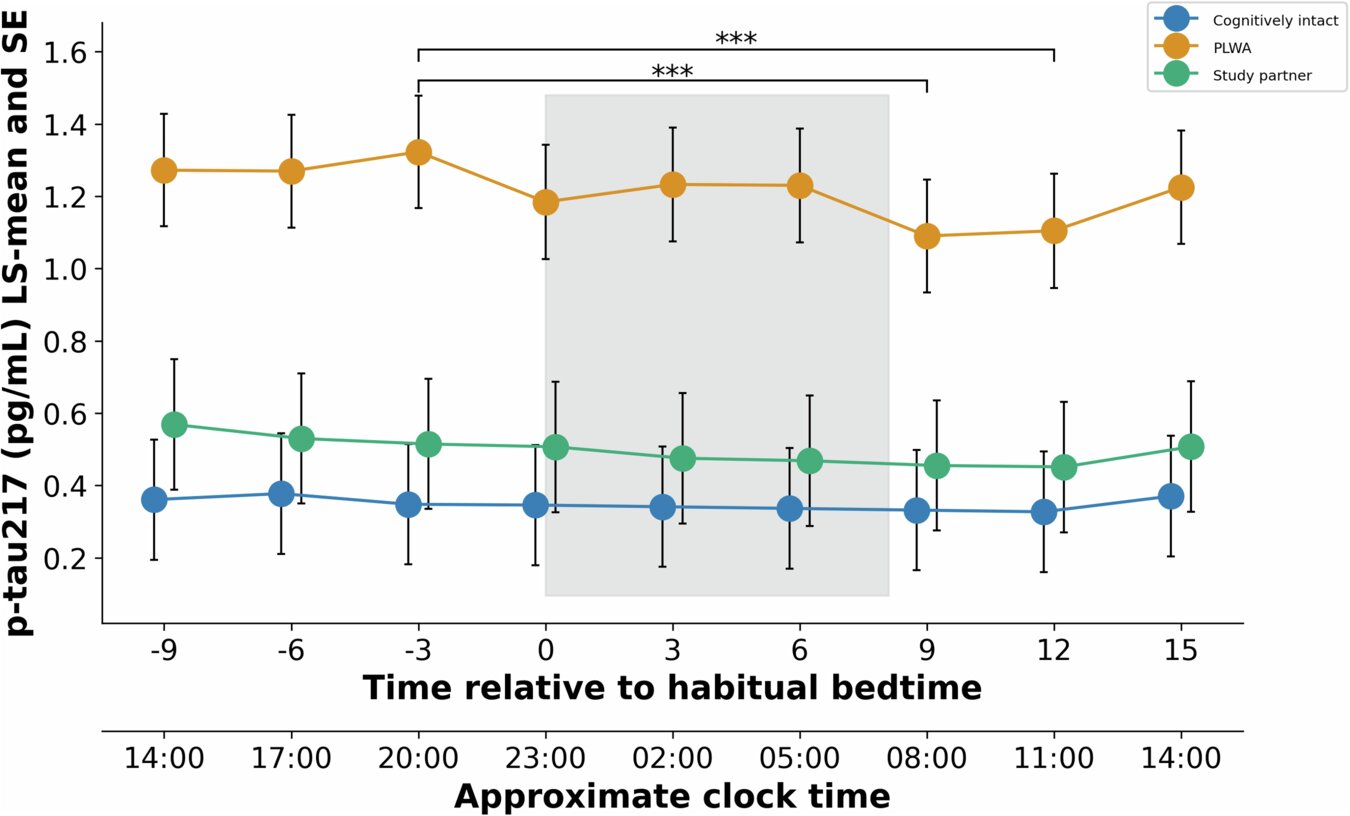For migraine sufferers with obesity, losing weight can decrease headaches and improve quality of life, researchers from Italy and the United States report. The results of their meta-analysis will be presented Saturday, March 23 at ENDO 2019, the Endocrine Society’s annual meeting in New Orleans, La.
“If you suffer from migraine headaches and are obese, losing weight will ameliorate the quality of your family and social life as well as your work and school productivity. Your overall quality of life will greatly improve,” said lead study author Claudio Pagano, M.D., Ph.D., an associate professor of internal medicine at the University of Padova in Padova, Italy.
“Weight loss in adults and children with obesity greatly improves migraine headache by improving all the main features that worsen migraineurs’ quality of life,” he added. “When people lose weight, the number of days per month with migraine decreases, as does pain severity and headache attack duration.”
To investigate the effects of weight loss achieved through bariatric surgery or behavioral intervention on migraine frequency and severity, Pagano and his colleagues reviewed the standard online medical research databases for studies that considered pain intensity, headache frequency, attack duration, disability; and BMI, BMI change, intervention (bariatric surgery versus behavioral), and population (adult versus pediatric).
In a meta-analysis of the 473 patients in the 10 studies that met the researchers’ inclusion criteria, they found that weight loss was linked with significant reductions in headache frequency, pain intensity and disability (all p
Migraine improvement was not linked with either degree of obesity at baseline or amount of weight reduction. Also, the effect on migraine was similar when weight reduction was achieved through bariatric surgery or behavioral intervention and was comparable in adults and children.
“Weight loss reduces the impact of conditions associated with obesity, including diabetes, hypertension, coronary heart disease, stroke and respiratory diseases,” Pagano said. “Obesity and migraine are common in industrialized countries. Improving quality of life and disability for these patients will greatly impact these populations and reduce direct and indirect healthcare costs.”
The mechanisms linking obesity, weight loss and migraine headache remain unclear, according to the authors, but they may include alterations in chronic inflammation, adipocytokines, obesity comorbidities, and behavioral and psychological risk factors.

